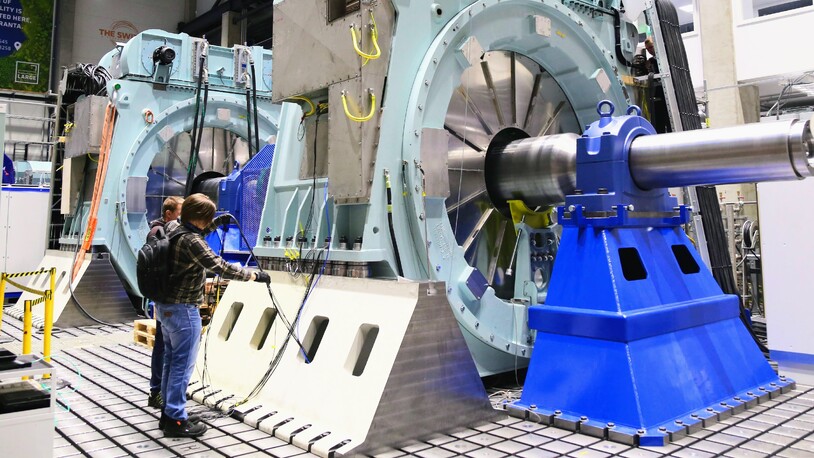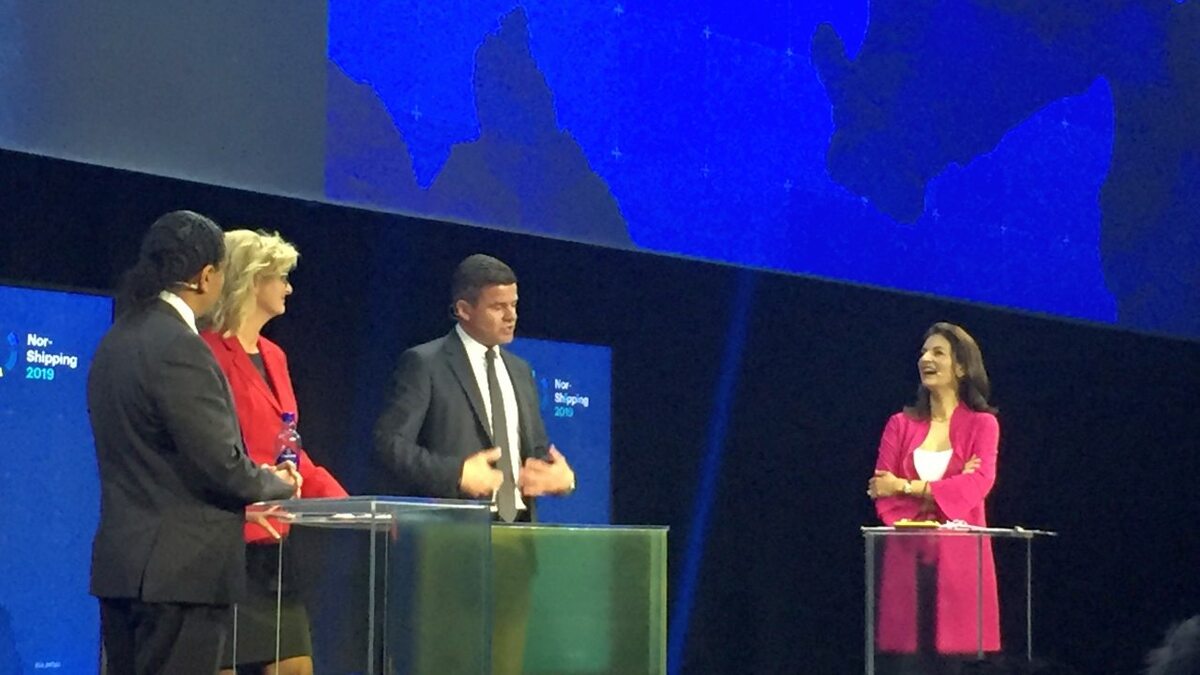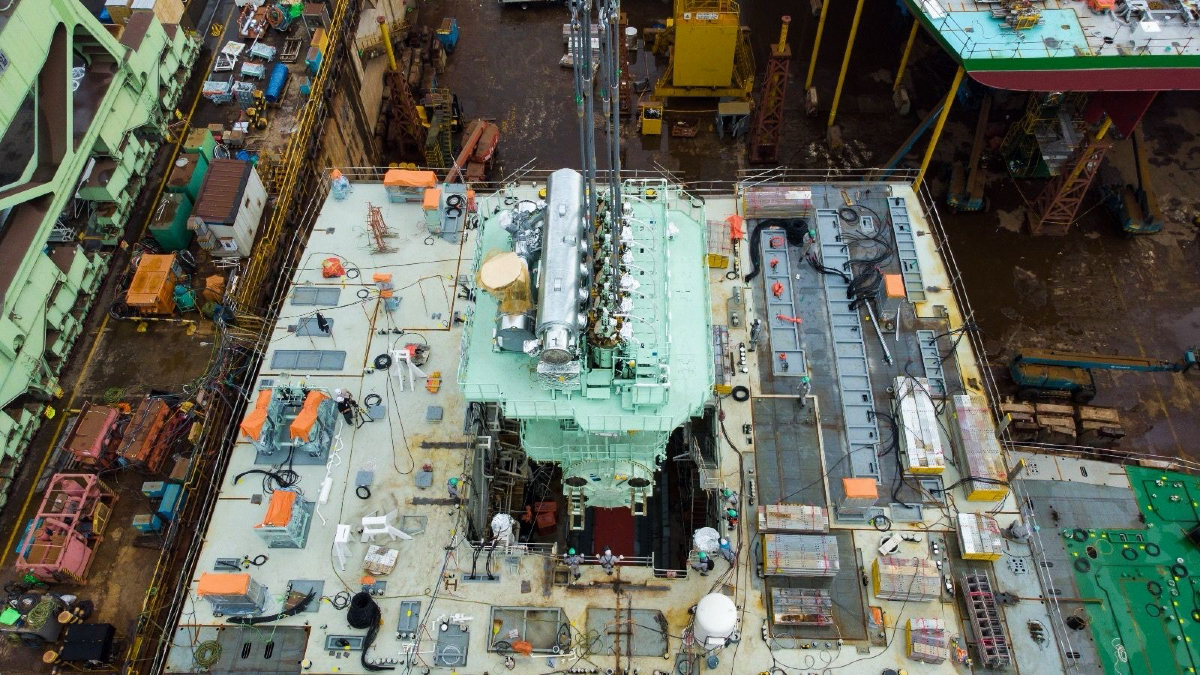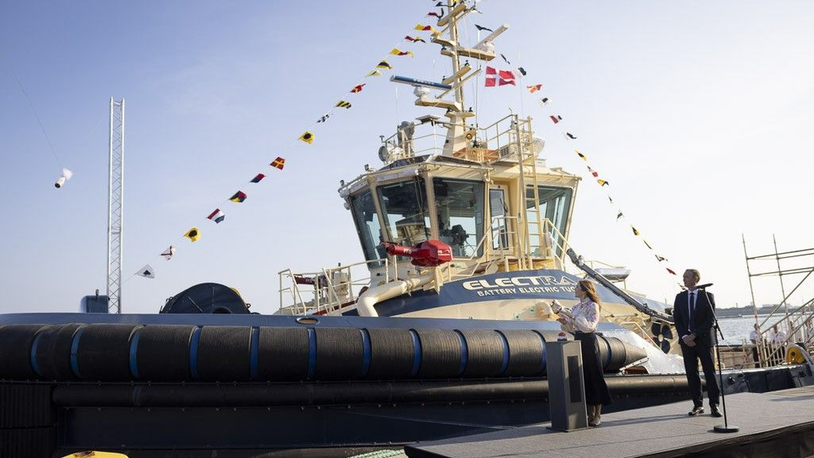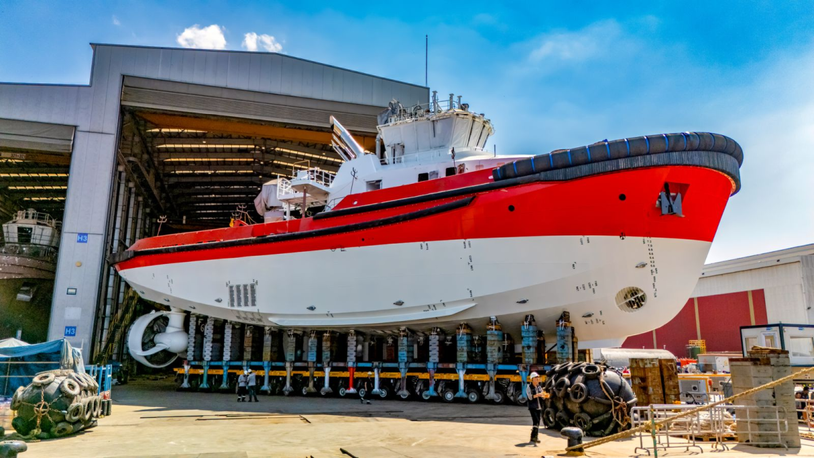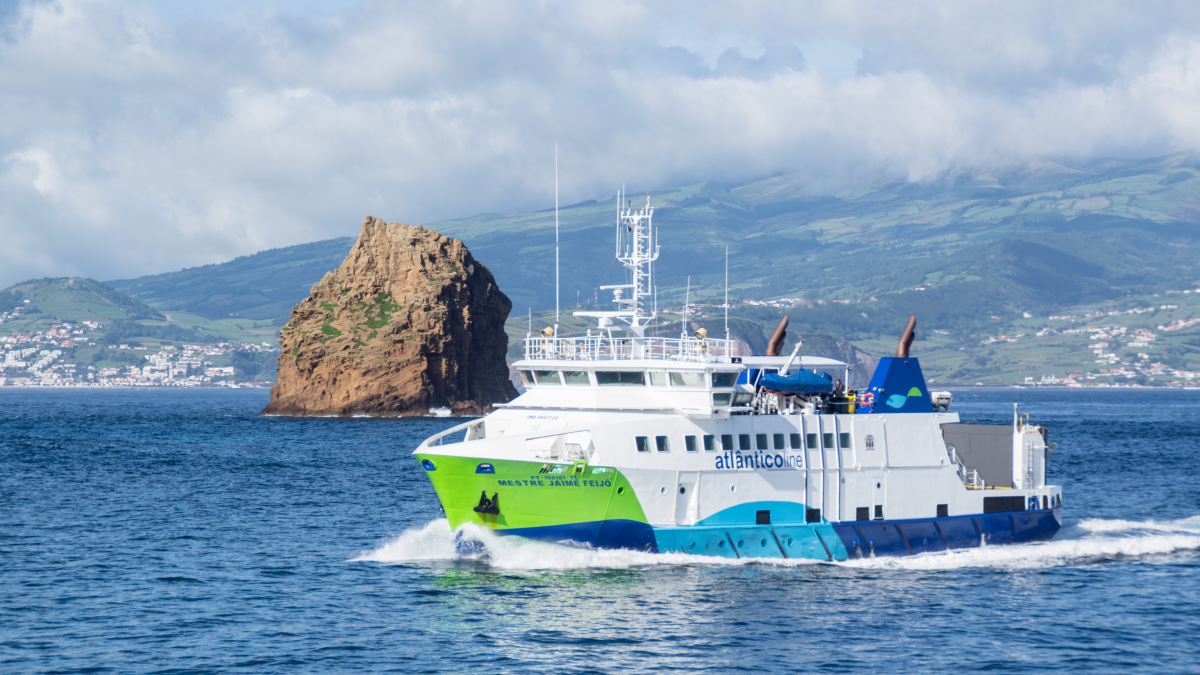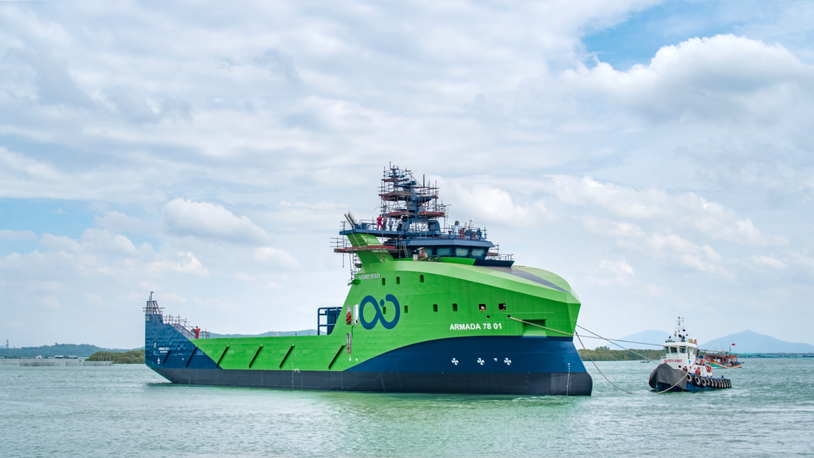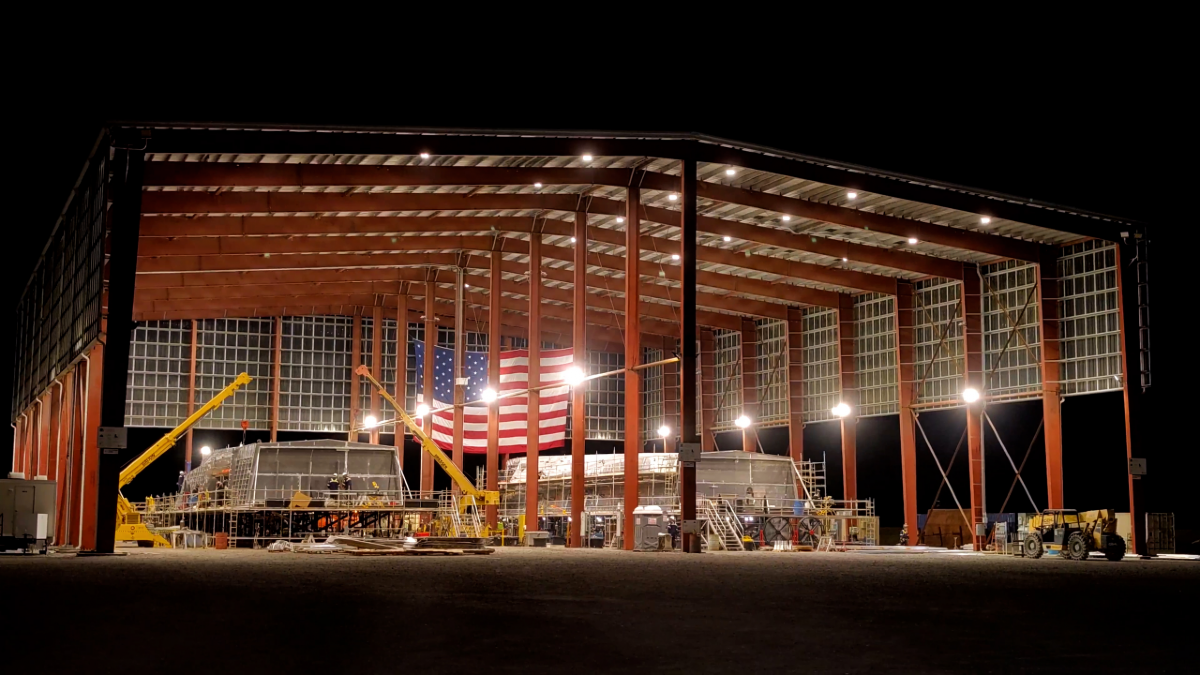Business Sectors
Events
Floating energy: successfully unlocking stranded gas using FLNGs and FSRUs
Contents
Nor-Shipping: maritime urged forward on environment as industry leaders grapple with digitalisation
The opening of the biennial Nor-shipping conference in Oslo, Norway, saw shipping urged to move more quickly to tackle climate change and adopt digital technology.
Norwegian Prime Minister Erna Solberg highlighted heavy human pressures on ecosystems and announced her government’s plan to implement ‘green’ shipping.
“My Government will soon launch an action plan for green shipping,” she said. “Our ambition is to cut greenhouse gas emissions from domestic shipping and fishing by 50% by 2030 – compared to 2005 levels.”
“However, national action must be followed up by international action,” she said, applauding the move by IMO to set an initial strategy for greenhouse gas reduction and committing her country to work within IMO to support developing countries to reduce shipping emissions.
IMO secretary general Kitack Lim followed Ms Solberg in reminding shipping of their responsibility to the ocean environment.
“The blue economy must be sustainable,” he said. “It must not come at the expense of the marine ecosystem.”
Ms Solberg also addressed the forces of technology at work shaping the shipping industry, saying “the maritime industry is undergoing rapid change. It has every opportunity to be at the forefront of new technology development and to become a key player in reducing emissions.”
In fact, she said, new technologies have helped Norway to green its own shipping industry and earn from its investments while reducing air pollution.
When shipping representatives had the chance to weigh in, they discussed the challenges of restructuring their own businesses to digitalise and changing internal culture to help employees become more digitally savvy.
TechnipFMC chief digital officer Ann-Christin Andersen said “In a B2C environment – the Ubers or whatever – you need very little domain knowledge but you need a lot of digital competency. In our domain, if you have a complex business, the value added is not so easy to get. You really have to scope the problem you’re trying to solve … you have to inject that digital technology in solving really complex problems.”
Torvald Klaveness chief executive Lasse Kristoffersen said, “In our company, in our strategy, we believe there are two factors that will create new value: one is the transition of energy – short term in energy efficiency, long term in climate neutral – and how you use technology to solve new problems. And I don’t really like this ‘disruption’ thing. That sounds like something that comes to you and kills you. It’s really a transformation that you need to embark upon.”
Related to this Story
Events
Maritime Regulations Webinar Week
Floating energy: successfully unlocking stranded gas using FLNGs and FSRUs
© 2024 Riviera Maritime Media Ltd.

